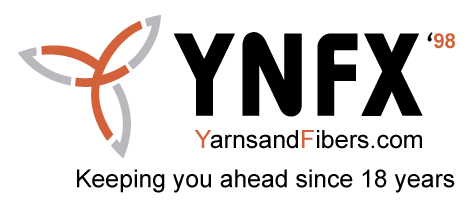Related Keywords: apparel industry, attract investors, creating favourable conditions, FDI, Germany-based Tchibo, labour unrest, Major brands from Ethiopia and Kenya, rising wages, Sweden-based H&M, UK-based George at Asda, USA-based Phillips-Van Heusen, various countries in South Asia
Major brands are beginning to source from Ethiopia and Kenya due to rising wages in China, labour unrest and violence in Cambodia, and ineffective compliance with rules and regulations in various countries in South Asia – leading to fires and, in particular, the collapse of the Rana Plaza building in Bangladesh. Also, the governments in Ethiopia and Kenya are creating favourable conditions in order to attract investors, according to a new report from the global business information company Textiles Intelligence.

